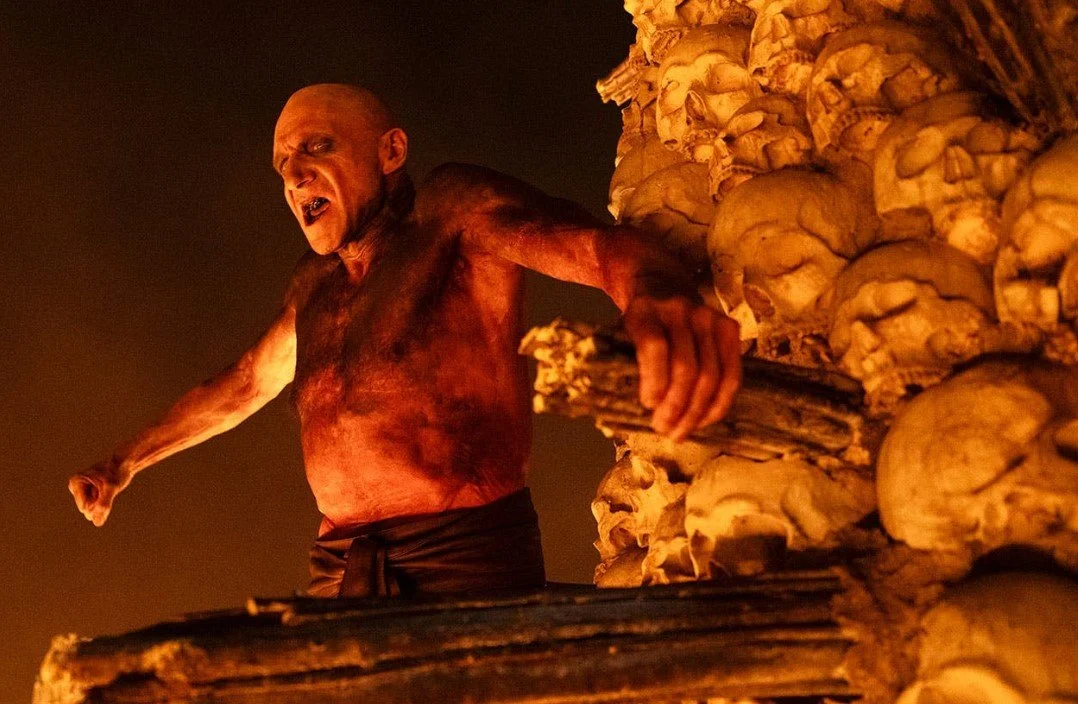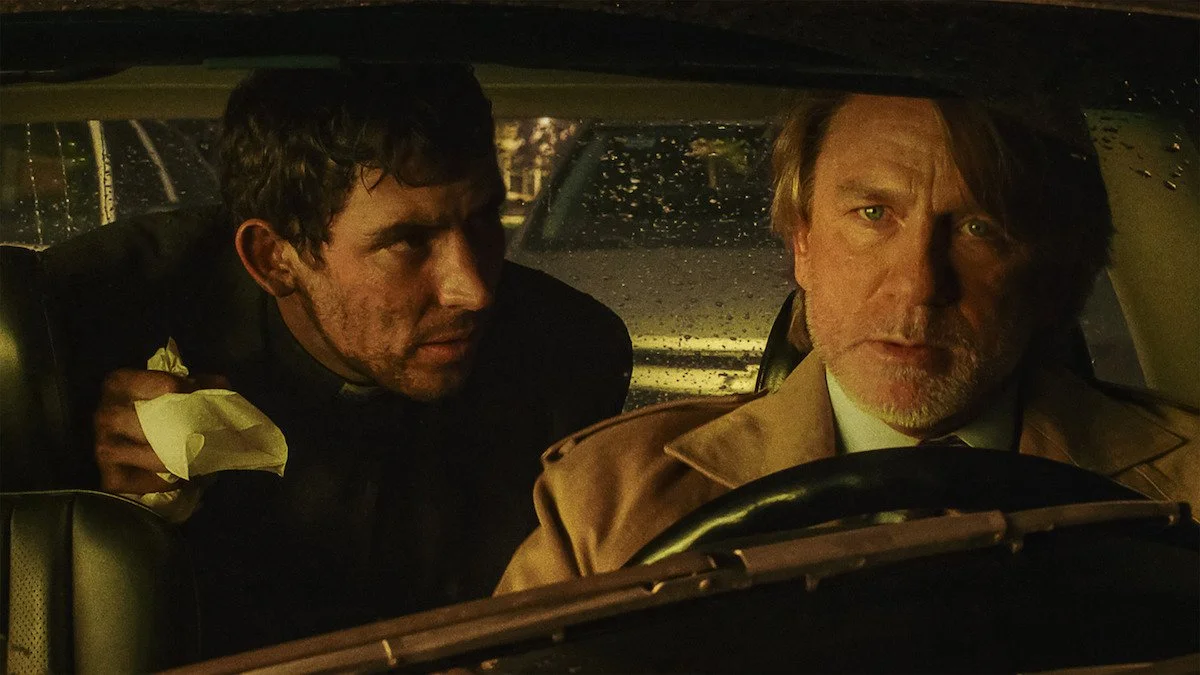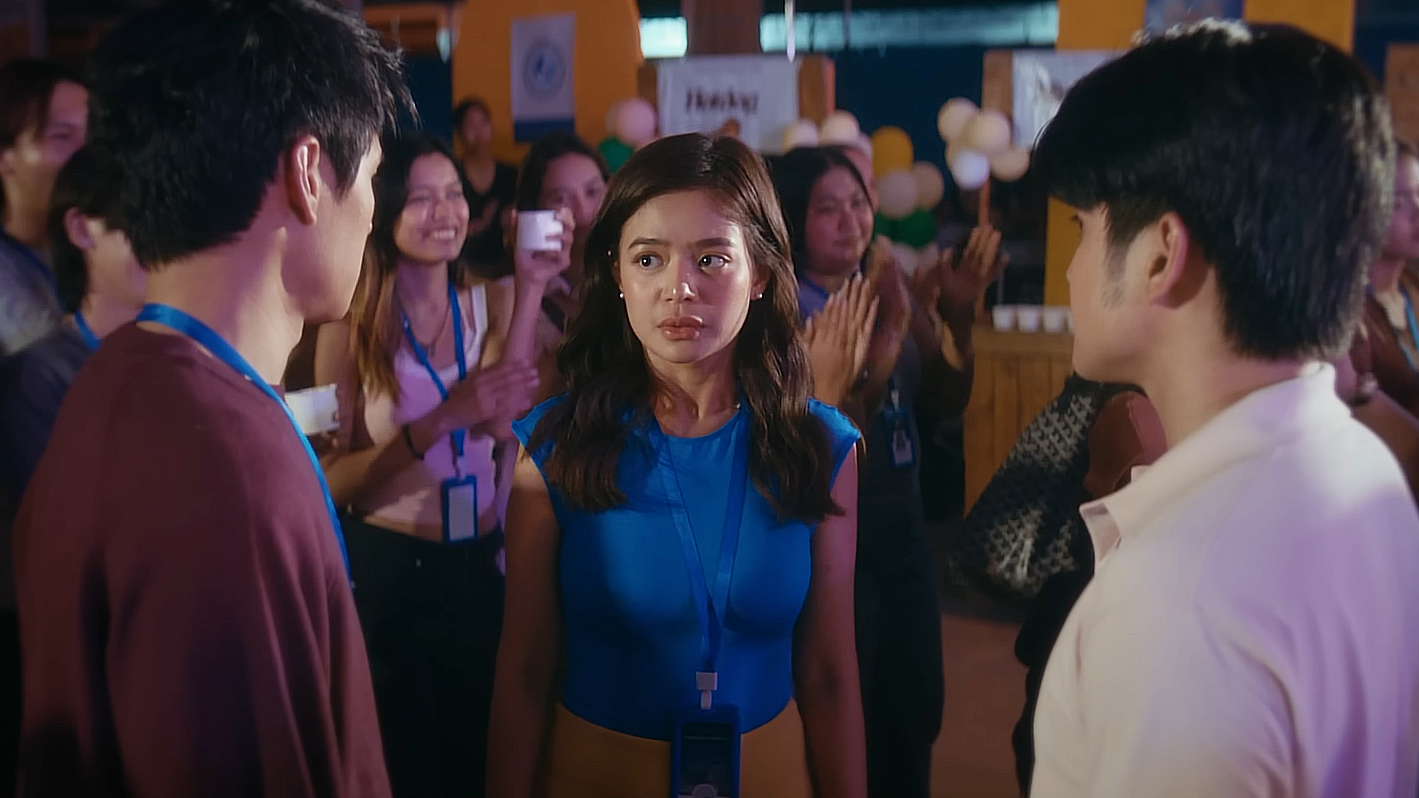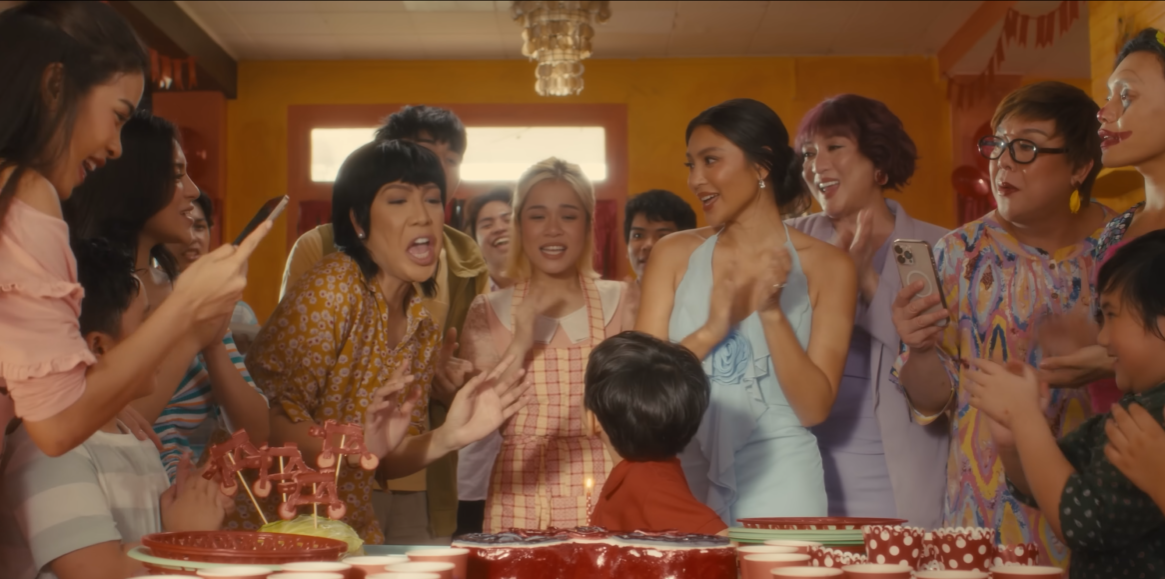‘Return to Seoul’ REVIEW: On Dealing with Cultural Conflicts and Identity
‘Return to Seoul’ REVIEW: On Dealing with Cultural Conflicts and Identity
In Davy Chou’s second feature film, Return to Seoul tells an admirably rich voyage story of Freddie, a 25-year-old French adoptee who'd been raised in France and then later returned to her homeland, South Korea, in pursuit of her biological parents. The film is loosely based on a similar experience with his friend who was also adopted from South Korean parents. The film does a really interesting approach of examining how language, identity, and cultures collide.
Return to Seoul is a complex character study that follows the dramatic journey of discovery of its main character, Freddie. The start of the film makes it quite evident that she has no prior knowledge of what South Korea is like. She wanders across Seoul with a reckless demeanor, very free-spirited. There’s this sense of cultural conflict, as she was raised in France. She doesn’t have any tolerance for the cultural traditions of her homeland but despite the differences in traditions, she’s interested in people’s personalities and how people behave. There’s also this feeling that she detests her roots because of the notion of what her life could’ve been, what her home could be, had her parents kept her. She is very confident in her identity being French, but as time goes on, aspects of her life are called into question, and the idea of her identity in its entirety becomes even more muddled, dealing with the complicated nature of transnationality, and cultural identity, more specially on what it’s like being foreign to one’s own soil.
Park Ji-min, the movie's lead star, gives an impressive performance that drives the film as a whole. For her debut acting, she gave a profoundly layered and nuanced performance that merits more recognition. She enters the film ferociously. She could care less about what everybody feels. She carries so many feelings and emotions, not all so pleasant, and some are not so simple to express, but they are all so captivating and transfixing—her character deals with things in a highly ambivalent manner and repeatedly struggles with her own decisions: Does she want to get to know her parents or not? Does she blame them? She portrayed this chaotic, self-destructive character who was thrown into an identity crisis and had no ambition to put her life back together after having been broken for so long so perfectly—-skillfully shifting through personas as her character looks for a sense of belongingness.
However, despite the compelling narrative and the overflowing energy towards the middle of the film, the abrupt time jumps in the story create a certain disconnect from the character of Freddie. The film begins to become a little rough and jagged, introducing a bunch of ideas and themes to Freddie that were never fully developed or embedded into the film. She’s a challenging and complex character, with all of her numerous personas, but unfortunately, this also leaves us somewhat in the dark about her personal struggles and motivations. Even if the film never lost my attention, its second half is so fragmented and disjointed just like its protagonist that it's difficult to keep up with the narrative. It is difficult to connect to her and understand some of her decisions because of how much her persona changed during the period we weren't with her. She constantly reinvents herself throughout, and when her desire to fit becomes irrepressible, she relentlessly pushes and humiliates everyone around her, rejecting connection. But these time jumps also give Freddie's character plenty of development and growth, further exploring the idea of identity crisis. Although we may not fully understand her motivations and it may give a little distance, her continuously changing vibrantly illustrates her maturation throughout the film.
Chou’s also vibrant rendition of Seoul gave the feeling that the city has a personality of its own, filming in the streets of Itaewon—in the dark alleyways, shabby hostels, dingy apartments, and underground clubs. There’s this special connection that Freddie has to the city and something that holds a lot of significance for her. Chou also made excellent use of various Korean music from different eras to build the mood and setting of the film, as well as to further establish Freddie’s personality and character in the story.
Overall, Davy Chou’s Return to Seoul is an engrossing and powerful character study on identity and what it means to belong. It is an intimate tale that cycles through the inner serenity and restless intensity of oneself, full of multitudes, incredibly evocative, and admirably purposeful. While it may be meandering and confused at times, it is a journey worth taking.
Return to Seoul is included in the lineup of QCinema 2022 Asian Next Wave and will run until November 23.












